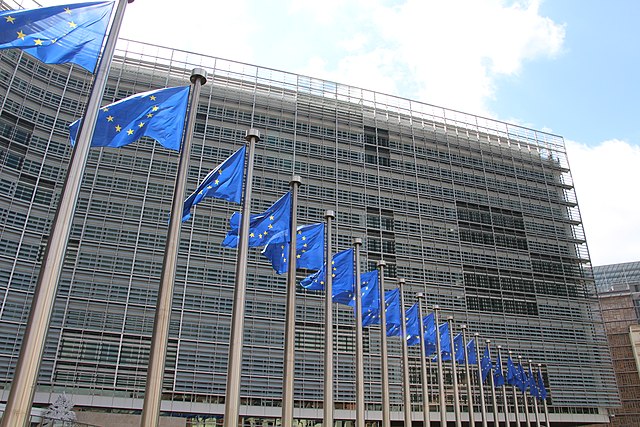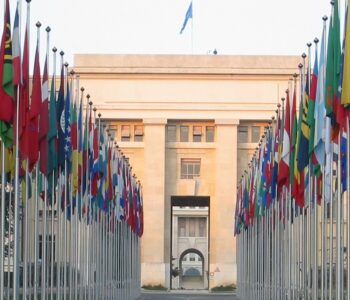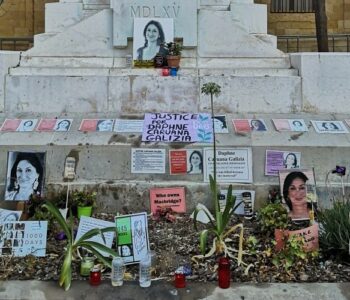 Library
Library
MFRR submission for the European Commission Recommendations on the…
MFRR submission for the European Commission Recommendations on the Safety of Journalists
Following the European News Media Forum, the MFRR drafted a submission to the European Commission as part of their proposed Recommendations on the Safety of Journalists.
The Media Freedom Rapid Response (MFRR) submitted information and recommendations to the European Commission concerning the safety of journalists and media workers. The submission will feed into a recommendation by the European Commission to the Member States announced in the European Democracy Action Plan, which will seek to ensure better and targeted implementation of a number of requirements set out in the Council of Europe’s Recommendation on the protection of journalism and the safety of journalists.
The MFRR and its partners provide in-depth expertise in this submission, which we hope will help to ensure that the European Commission’s recommendation contributes to demonstrable improvements to the safety of journalists and media workers on the ground.


